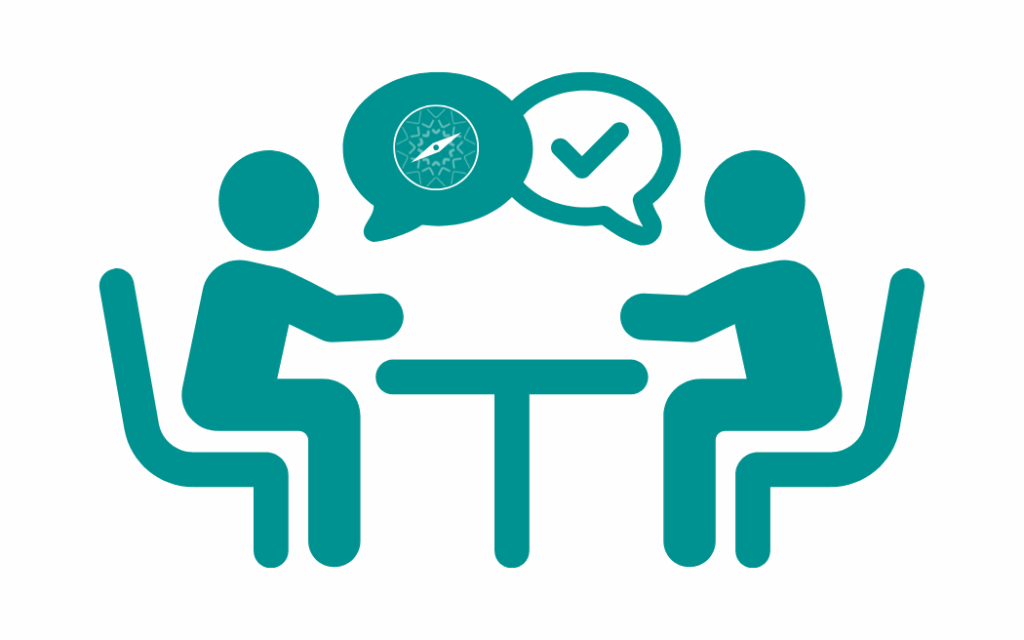
*By submitting this form you consent to receiving emails from Convergence Center for Policy Resolution
Click Here to Access the Online Learning Program

Convergence Compass is a one-of-a-kind online learning program that helps participants understand what drives division and teaches them evidence-based strategies for effective dialogue and collaborative problem-solving, even on the toughest issues. The curriculum is designed by Convergence in partnership with Constructive Dialogue Institute and UC Berkeley’s Greater Good Science Center. The program is available as a standalone offering and as a cohort with instructor-led sessions in between courses to practice and apply skills.



Convergence Compass offers several learning options. Choose what works best for you below. Group purchases are also available for the Self-Paced Online Learning Program and Cohort Model.

This is a fully asynchronous learning format that allows participants to move through the online courses at their own pace, on their own schedule.
The online learning program takes approximately 8 hours to complete.

This 13-week cohort program combines self-paced learning with seven live, 90-minute sessions every other week led by an experienced conflict resolution practitioner. Participants apply key concepts to real-world challenges while gaining practical skills, peer support, and personalized coaching — all within a collaborative learning community.

Meet individually with a seasoned conflict resolution practitioner and coach to address challenges you’re facing and receive personalized guidance. Coaching sessions are available in 30-minute increments.
This can only be purchased as an add-on to the online learning program and/or virtual cohort program.

An overview of polarization and its impacts on relationships, society, and politics provides participants with a basic understanding of the conflicts and tensions that exist in communities and organizations.

This course will help participants understand some of the ways in which our brains operate that lead to conflict so that participants are better equipped to manage conflict. It provides concrete tools to address cognitive biases like confirmation bias and attribution error. The course applies the six moral foundations as a framework to help participants understand and bridge difference in perspectives. The course also shares the research and brain science behind the full program.

Equips participants with the mindsets and practical strategies and skills to engage in difficult conversations, build relationships, and bridge differences. These skills include how to use storytelling to build understanding and how to transform destructive statements into constructive ones.
These courses provide a deep dive into collaborative problem-solving – an evidence-based methodology for transforming conflicts that enables people to go beyond compromise to develop mutually beneficial solutions that are wiser and more durable than anything they could have developed on their own, and to develop trust and relationships along the way. From conflict analysis to stakeholder identification, to convening, to relationship building, to forging consensus solutions, these final modules create a comprehensive roadmap for participants to take what they’ve learned and apply it to help their respective communities tackle divisive issues.
"*" indicates required fields
Contact us with this form if you would like to request a refund. Each request is assessed on a case-by-case basis.
If the program cost presents a barrier to your participation, you may apply for a full or partial scholarship by submitting the scholarship form.
1775 Eye Street NW
Suite 1150-287
Washington, DC 20006
(202) 830-2310
Convergence staff work remotely from around the country.
This work was made possible through the support of the New Pluralists Collaborative, a sponsored project of Rockefeller Philanthropy Advisors.
Convergence would like to thank Consensus Building Institute (CBI) and the Edward Mediation Academy for the roles they played in helping us develop Convergence Compass. We would also like to recognize Roger Fisher and William Ury, who developed the concept of interest-based problem-solving.

*By submitting this form you consent to receiving emails from Convergence Center for Policy Resolution
